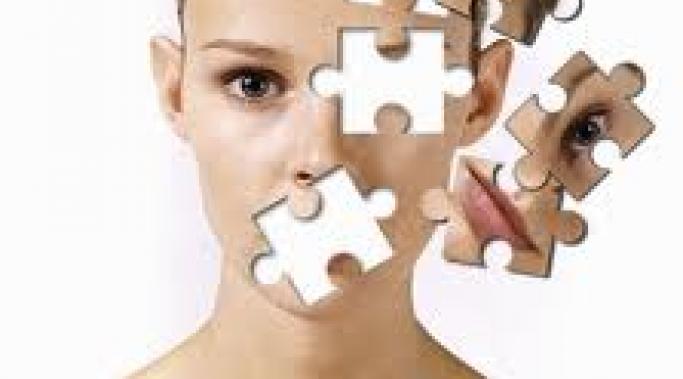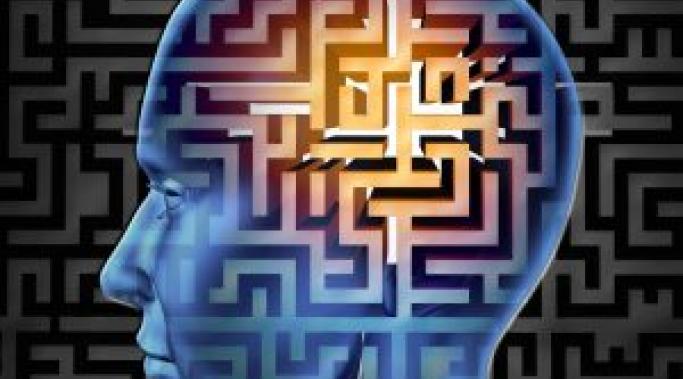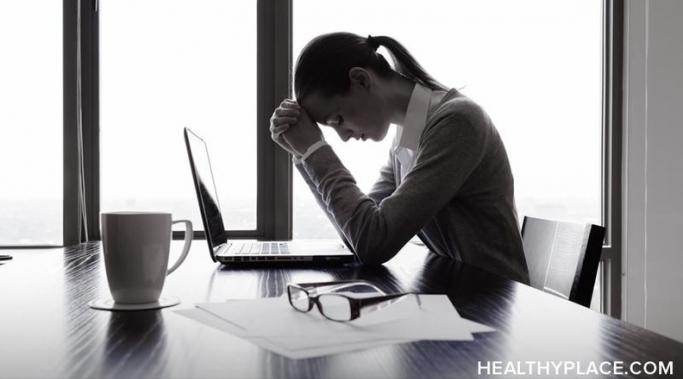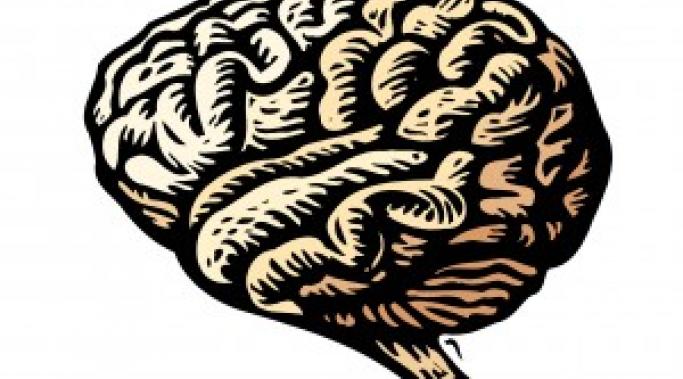Blogs
A lifetime ago, as I sat on my bed unable to put my feet on the floor and get going, I cried to myself, "I am better than this! I deserve more than this!" I knew intellectually that my relationship with my husband Will caused me great harm, but I couldn't quite get my emotions and my mind to align. My head told me to RUN, but my emotions cemented my feet in place. The best I could to get out of that bed was to tell myself that today I would get through to Will. Today would be the day I led Helen Keller to the water pump . . . today Will would understand. Today, my husband would change and we would break through the walls between us. Today I would get it right.
Those struggling with drug addiction may have people around who understand or relate to their situation. Even some with severe depression and anxiety have some kind of support system, since action can be taken quickly if willing to get help. Alcohol addicts also have meetings and groups where they can discuss their frustrations in a social, private setting.
What about self-harmers?
I would bet my prized record collection that if you live with a mental illness you have heard those words. Probably more than once. Probably more times than you care to recall. But stick with me on this one and keep reading. . .
Self-Care is all about doing good things for yourself. Having Fun is what summertime is all about. But, parenting a child with mental illness doesn't leave much room for fun. So you have to make room for it. Just as your child needs food, shelter, an education as well as fun, you do, too.
The American Medical Association has named a new disease.
Obesity.
Truth by definition is absolute. It is definitive. It is what it is and that is it. However, I have come to believe that not much is true in the literal sense. What we believe is perception, not the truth.
Much of the anxiety around speaking up for yourself comes from the lack of experience one has in doing so. It can be really hard to practice self-respect when you don’t have the skills, have had experiences in the past that went poorly, or haven’t had much practice.
Originally the purpose of this blog, "Creative Schizophrenia", was to create a new form of art, that had not previously been done before. To make a new style of writing based upon irrational thought rather than that of irrational emotions. To turn Schizophrenia into an art form. I never intended to be an advocate for people with Schizophrenia nor did I intend to offer support. That was more of an unintended side effect.
Back in 2009, I went to the annual trauma conference in Boston hosted by Bessel van der Kolk. It was a fantastic conference with a slew of professionals presenting on various aspects of and treatments for PTSD.
One of the stars of the conference was Neurofeedback (NFB), a process that I didn't know very much about. Many of the presenters shared facts, statistics and applications for NFB and spoke about how effective it was in helping to reduce symptoms of posttraumatic stress.
Do you know what NFB is and how it works? Here's a quick overview...
Whether you haven’t self-harmed in years or are currently in the battle, flashbacks of weak moments always pop up. It's inevitable that you're going to see a scar and remember the reason it was put there. These moments can come from a song, a place or even a person.
Such as an ex-boyfriend or girlfriend.








